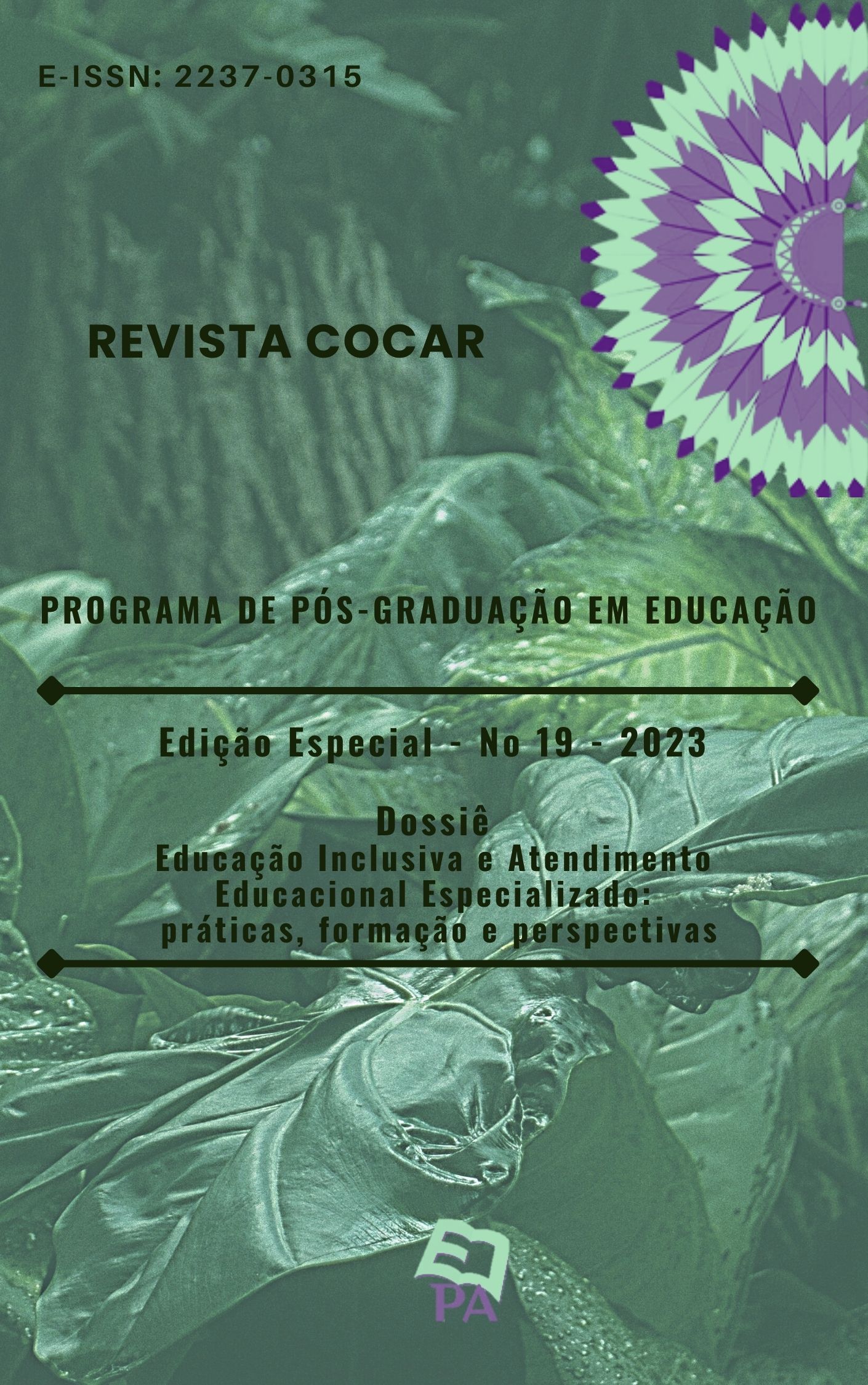Implicações do ensino não presencial para a Educação Especial: relação escola e famílias segundo os direcionamentos internacionais e nacionais
Implications of the non-presential teaching on the Special Education: the relation school-family according to the international and national directions
Resumo
Este trabalho é um recorte da pesquisa de dissertação de mestrado intitulada “Prática pedagógica do educador especial com alunos com deficiência em tempos de pandemia (2020) ”, realizada no Programa de Pós-graduação em Educação Especial da Universidade Federal de São Carlos. Tem como objetivo, buscar e analisar produções acadêmicas que tratam do ensino não presencial para os alunos público-alvo da Educação Especial, matriculados nos espaços comuns da educação básica brasileira, em 2020. Neste período, o Brasil seguiu orientações de organismos internacionais e adotou o ensino não presencial para que as atividades escolares fossem retomadas após a suspensão do ensino presencial. Foi realizada umaA revisão de literatura, tendo como fonte de dados as plataformas digitais: Biblioteca Eletrônica Científica Online (SciELO) e Periódicos Coordenação de Aperfeiçoamento de Pessoal de Nível Superior – CAPES. Os resultados das pesquisas apontaram que as medidas adotadas pelo governo brasileiro, não consideraram as especificidades dos estudantes público-alvo da Educação Especial, bem como, a ausência de formação e recursos digitais dos professores e das famílias dos estudantes.
Palavras-chave: Educação Especial; Ensino não presencial; Política Educacional.
Abstract:
This work is a piece from the thesis entitled “The work of the teacher in the resource room and the non-presential teaching in Brazil (2020)”, carried out on the post-graduation program in Special Education of the Federal University of São Carlos. The literature review, made on the Scientific Electronic Library Online (SciELO) and the Periodicals of the Coordination for the Improvement of Higher Education Personnel - CAPES, pointed out that Brazil followed the orientations of the international organs and adopted the non-presential teaching in order to resume the school activities in the year of 2020, after the suspension of the presential teaching. The researches pointed out that the actions taken did not consider the specificities of the target students of the Special Education, as well as the absence of formation and digital resources of the teachers and the students’ families.
Keywords: Special Education. Non-presential teaching. Educational Policy.
Downloads
Downloads
Publicado
Métricas
Visualizações do artigo: 104 pdf downloads: 62























